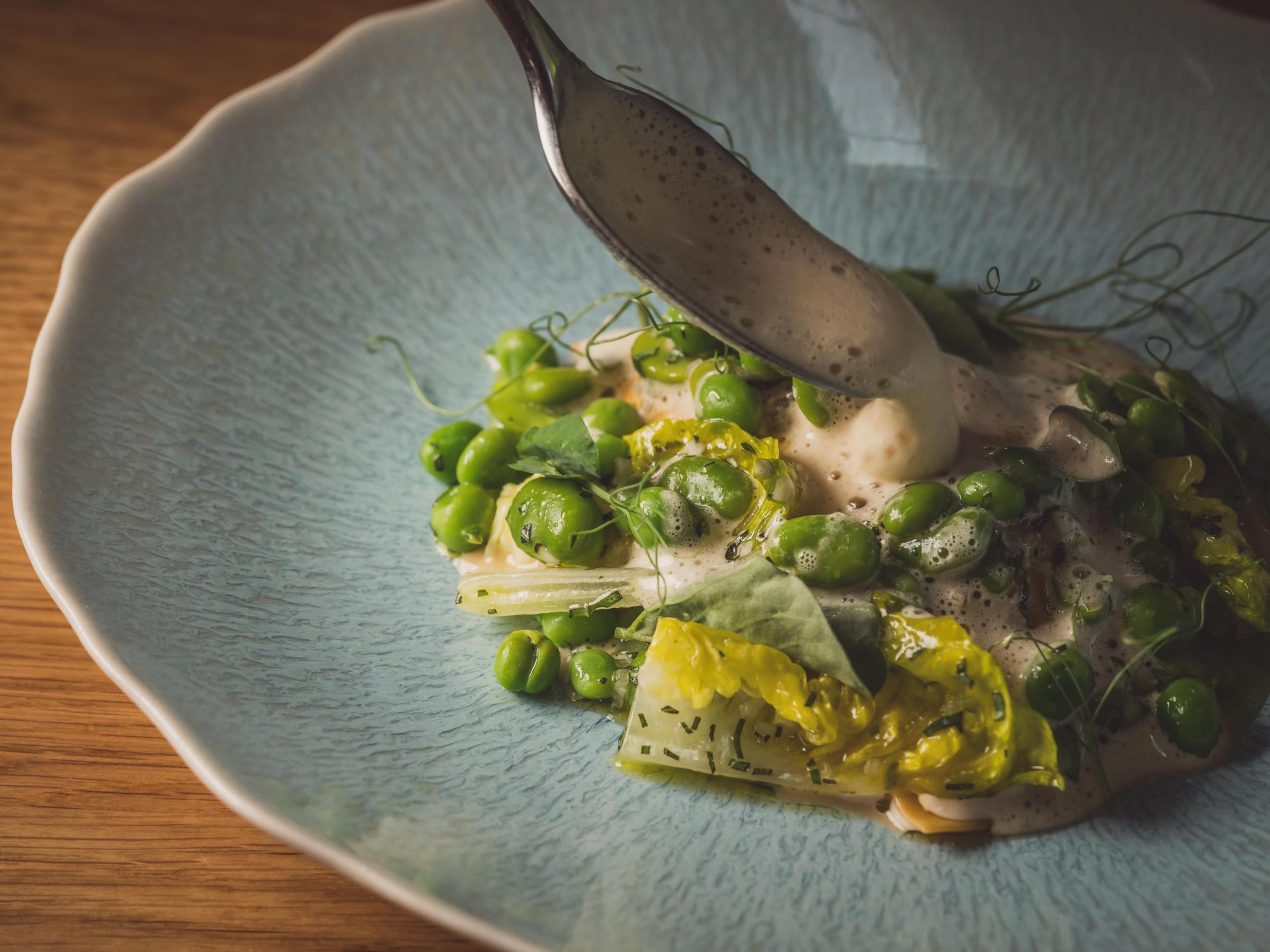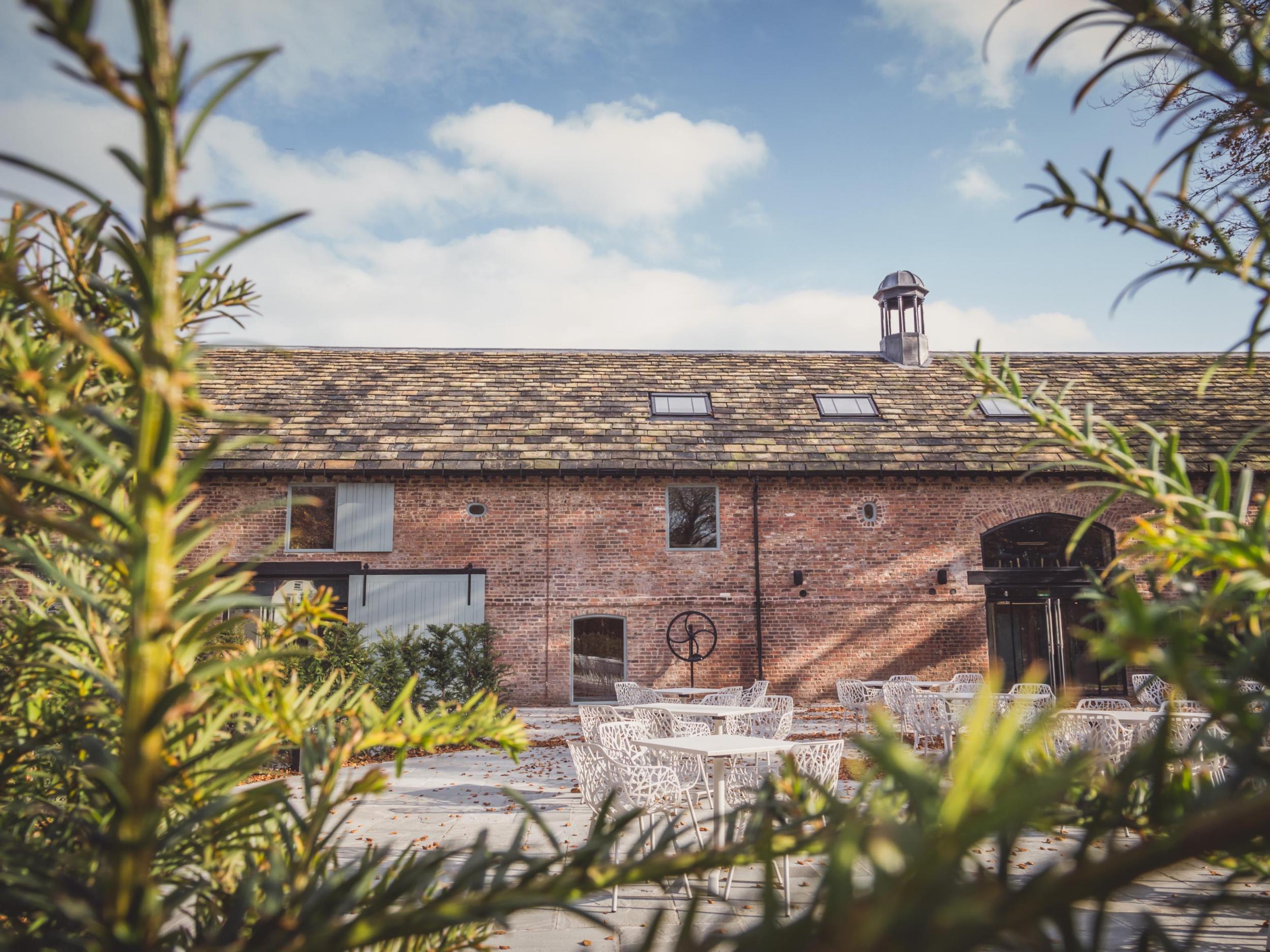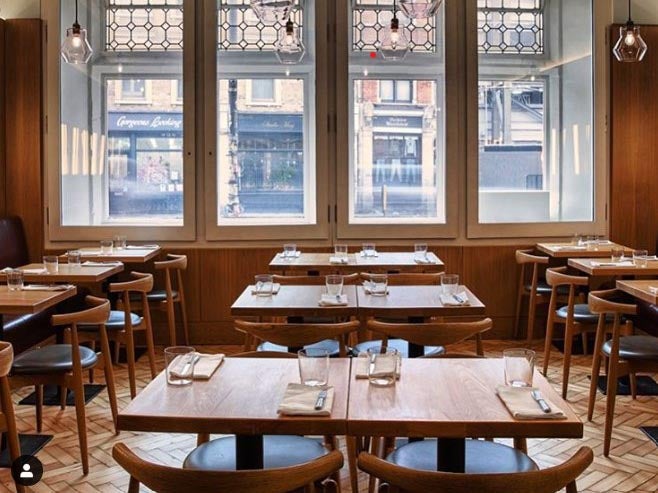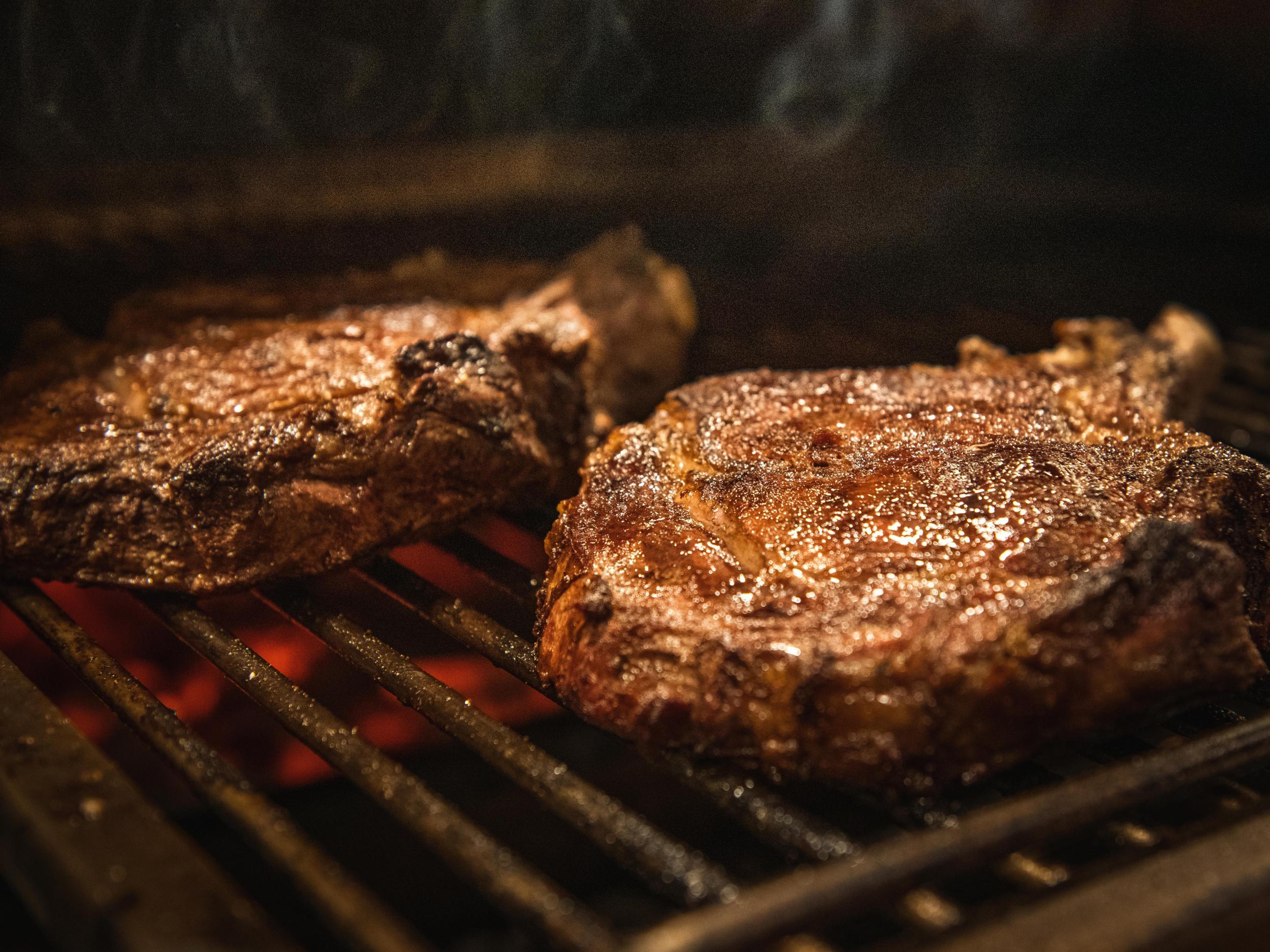Eat Out to Help Out: Will a glorified meal deal convince the British public to leave home again?
Clare Finney explores whether it is only big chains that will benefit from the month-long government scheme starting today – and if people feel confident enough to dine out again

Were you psyched for Super Saturday? Counting down the days as if it were Christmas? From the column inches, air time and social media oxygen devoted to it, you could be forgiven for thinking everyone was.
Yet while our newspapers and television screens the next day were filled with happy, beer-swilling, burger-guzzling faces, a report from the Office for National Statistics (ONS) a week later told a different story: only two in 10 adults said they were happy to eat out again, and almost 60 per cent said they would be uncomfortable or very uncomfortable eating indoors for a sit-down meal.
It is into this environment that the government launched its £500m Eat Out to Help Out scheme, giving guests of participating restaurants, pubs and cafes a discount of 50 per cent when eating in, up to £10 a person.
Participating venues get the money back from the government within five working days, and those who have made or are making use of the furlough scheme and the VAT cut can still apply.
The scheme, launched by chancellor Rishi Sunak doing a stint as a waiter in Wagamama, was met with cynicism at first. “It seemed a bit of PR stunt: the chancellor carrying plates,” says Mark Birchall, the chef and owner of The Barn at Moor Hall in Lancashire.
“The government can pay people £2,000 to go out – it doesn’t make any difference if social distancing measures mean we can only accommodate half the number of people,” says Romilla Arber, the owner of Honesty: an independent food business in west Berkshire and Hampshire that includes 10 coffee shops and the Crown & Garter pub and hotel. Yet as the weeks passed, and a few early adopters set a cautious precedent, the “why bothers” slowly but surely became “why nots?”
Fears that it would be complicated and cumbersome to sign up to proved unfounded. “Like everything the chancellor has put in place, it’s been pretty straightforward,” Birchall continues. Arber is right, of course: social distancing measures remain in place, and are limiting. But as Will Beckett, the founder and owner of Hawksmoor, a collection of steak restaurants in London, points out, “Pre-Covid, most restaurants made most of their profit from Thursday to Sunday – more difficult now due to social distancing.

“Most restaurants/pubs have excess capacity on Monday to Wednesday. With the Eat Out to Help Out scheme, the chancellor is trying to help businesses out on those days where they have excess capacity.”
The response to Beckett’s decision to sign up to the scheme was overwhelming. “We got more than 5,000 bookings for Mondays to Wednesdays in August in the six hours after we announced it,” he says.
Yet even those with fewer outlets and less social media clout than Hawksmoor can see the merit – and the profit – in offering their customers a good deal. “We decided to open The Barn on Tuesday too because bookings were going crazy. We are going to have a record month,” says Birchall, who feels it’s particularly good for suburban areas. “People don’t have the commute, they’re starting later and finishing earlier – so they can go out mid-week without worrying about looking at their boss with red eyes in the morning. And now there’s a discount, they’ve added incentive.”
He hopes it will also benefit city centres, which are particularly struggling at the moment without the lunchtime and after-work crowds – but as Arber points out, “hospitality is a large and multifaceted industry”.

“There are massive businesses like Wetherspoon, there are small coffee shops like ours and there are myriad things in between – so to try to approach the whole industry with just one scheme isn’t going to work,” she says.
Her fear is for the smaller independents in rural areas. “I can see it making a difference to a restaurant – but when people aren’t in the habit of going out, I can’t see them driving to a rural coffee shop to get money off.” Nevertheless, she is signing up, together with more than 53,000 businesses, from Costa to Angela Hartnett’s Cafe Murano; the aforementioned Wetherspoon to the Michelin-starred Ikoyi in London.
“It is for everyone,” Beckett says simply, when asked if he feels it benefits independent and small-scale restaurant groups like themselves as much as it will the big chains. “At the very least venues just need to sign up and everyone gets up to a tenner off their meals – feels a bit weird not doing it?” That said, he believes the people who will do best out of it will be the people who use it entrepreneurially in terms of how they do marketing and menus. Maybe that benefits big chains, but maybe not.
“I actually think this is where people who are in this industry thrive – because most chefs and restaurateurs are pretty entrepreneurial and creative,” agrees Nick Gilkinson, the chef and owner of Townsend at Whitechapel Gallery. He thinks what Hawksmoor is offering – a 35-day dry-aged rump steak with chips and a sauce of choice, for £20, which means a tenner on the Eat Out to Help Out scheme – is an inspired idea.
“Now more than ever people are looking for value,” he says, and the Hawksmoor offer really stands out. He is offering their four-course set menu for £28, “which with the discount is £18. So theoretically you could have a four-course tasting menu – which is really five, as we do snacks too – with matching wines for £36.” It’s such great value, they’re offering the same menu on Thursday, when the scheme won’t apply. “We’re almost treating it as another soft launch – because we opened so close to lockdown, and had our first big review published the day after lockdown. It’s an opportunity to remind people who we are and that we’re still here.”

As far as he and Beckett are concerned, it’s a win-win for the venue and the customers, allowing restaurants to make money on days they normally wouldn’t be able to, and customers to afford restaurants they wouldn’t normally be able to. “I hope for Hawksmoor that it helps younger people, people who’ve been hit by Covid financially or who can’t usually afford to come to Hawksmoor to come,” says Beckett – “and generally, if you get lots of new customers and they have a good time then that’s a long-term benefit.”
Whether it’s the most efficient way of helping the economy recover from the consequences of Covid-19 is a different question – “but it’s not for me to make that decision for my customers,” says Nick Gibson, the owner of the Drapers Arms in north London. “People are entitled to 50 per cent off if they are choosing to go out and support restaurants. As far as I’m concerned, not offering that discount [while it’s available] is slightly rude.”
He isn’t offering a specific deal, like Hawksmoor and Townsend – though he can see the merit in doing so, as it “generates a spend of at least £20 a head.” He simply offers the 50 per cent discount, Monday to Wednesday, at lunchtime and dinner on any dish ordered. “If our customers are at home thinking, ‘I can drop into Drapers for lunch, and get a discount’ – that will help us,” he says. “With all these schemes they need something quick, simple and easy to implement. They can’t fine-tune it for different restaurants, or have something else for a cafe and pub.”
Ultimately, Beckett believes – and the ONS figures confirm – this is about restoring confidence. “I think the public has learned to stay home and enjoy themselves, and I think it’s good for people to re-learn to go out and develop a bit of confidence,” he says. “That takes time, and this is a step in the right direction.” Whether it persuades the 60 per cent of people who “felt uncomfortable” at the prospect of eating out remains to be seen. But it has certainly persuaded my auntie. “I’m still not sure, Clare,” she muses down the phone, “but you know me. Can’t resist a good bargain.”
Join our commenting forum
Join thought-provoking conversations, follow other Independent readers and see their replies
0Comments